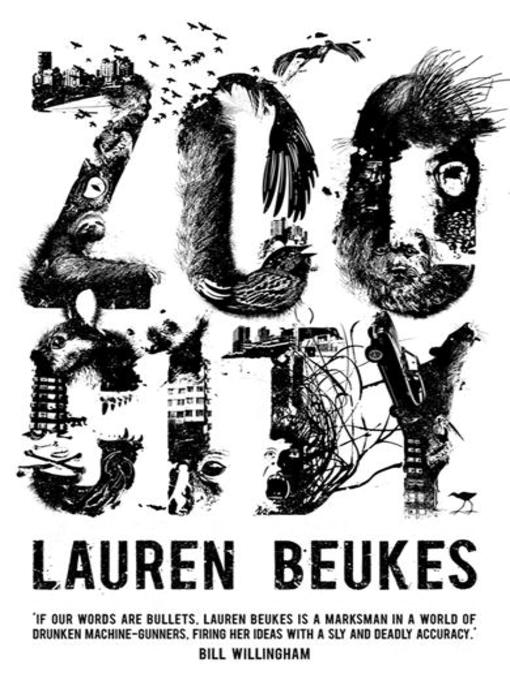
Zinzi, our intrepid narrator, has a Sloth. The animalled, or apos, are thus identified as murderers beyond the shadow of any doubt, and are treated like outcasts. And if the animal dies, they are consumed by a cloud known as the Undertow. They can’t stray too far from the animal without suffering great pain. People who are guilty of another person’s death-i.e., murderers-become spiritually attached to an animal. Magic is real, albeit not as potent as some people might like, and it’s never more obvious but with the zoos, animalled, or-if you are feeling polite and politically correct, the aposymbiotic.

Instead of a tour of a corporate-dominated near future, Beukes spins a bit of alternate history our way. Lauren Beukes returns to Johannesburg, South Africa in her second novel, but it’s not the same city. Now imagine that with a sloth clinging to your back as an external manifestation of your complicity in someone’s death, and you have Zoo City. Identity is not so much a costume as it is a negotation between two entities, for part of my identity is not just what I seem to be but how others see me and interact with me. But it’s not something we entirely control. We perform identity, wearing it like a costume.

If, in the immortal words of Ke$ha, “we R who we R”, then who we are differs depending upon whether we are alone or with people, with friends or with enemies (or, if you are Ke$ha, with frenemies).

Identity is a very fragile and ephemeral concept, and the philosophy surrounding identity fascinates me.


 0 kommentar(er)
0 kommentar(er)
